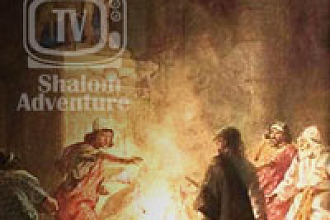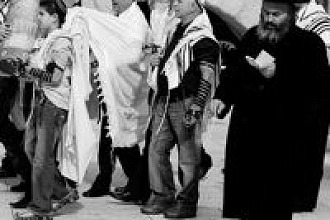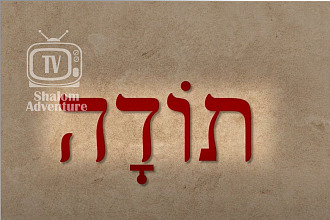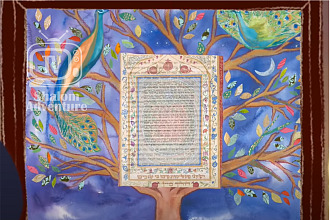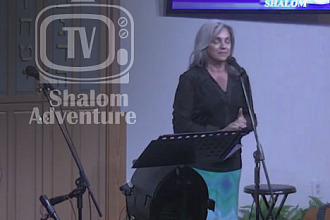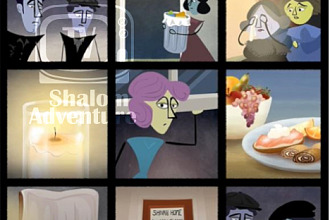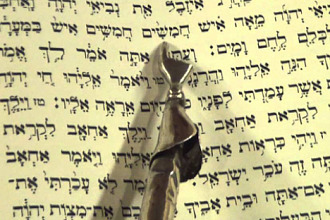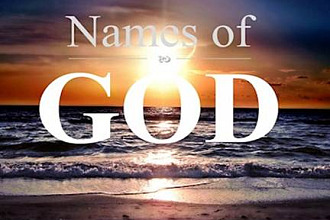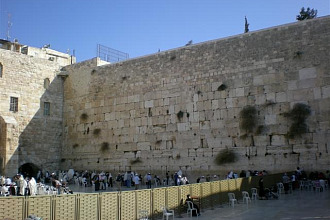The word Bar Mitzvah (spelled בר מצוה in Hebrew) means "one to whom the commandments apply".
In Jewish tradition before the age of thirteen the spiritual accountability for a male child to keep the Torah is said to belong to the parents but after the age of thirteen he is considered to be morally accountable to keep the commandments for himself. For a girl the age of accountability is considered to be twelve. (“Bar Mitzvah”, New World Encyclopedia)
When the Jewish child reaches the age of accountability it is typically celebrated with a party following a reading from the Torah the Sabbath after the birthday on which he or she reaches the age of accountability (“Bar-Mitzvah”, Britannica). Although this event is often termed a Bar-Mitzvah (or Bat Mit-zvah for a girl) the word actually refers to the person who the event is about. So calling a party for the Bar-Mitzah (son of the commandment) a Bar-Mitzvah is like calling a marriage ceremony a “groom” instead of a wedding. (“Bar Mitzvah”, New World Encyclopedia)
You may be wondering where the Bar-Mitzvah originated and assume there is a text in the Torah stating the age of accountability starts at thirteen. However, this is not the case. The Bar-Mitzvah as currently celebrated in Jewish custom does not exist in the Torah. And interestingly the Torah seems to place the age of adulthood or at least an age of a higher moral accountably significantly above the age of thirteen.
When God punished Israel for rebelling He said “You will all drop dead in this wilderness! Because you complained against me, every one of you who is twenty years old or older and was included in the registration will die. You will not enter and occupy the land I swore to give you. The only exceptions will be Caleb son of Jephunneh and Joshua son of Nun. You said your children would be carried off as plunder. Well, I will bring them safely into the land, and they will enjoy what you have despised.” Numbers 14:30-31.
So from this passage it seems clear that God himself considered everyone under the age of twenty children and at not as responsible for the rebellion to the same extent as those who were twenty or older. This is not to say that you have to be twenty to be considered morally responsible before God. We also have the story for the child Samuel who was sent to help Eli in the temple after he was weaned and who was spoken to by God to warn the older man of the results of his spiritual negligence in 1 Samuel 2. However, we do see that the age distention given between Jewish children and those who were not in the Torah was listed as being twenty years of age.
So if you didn’t experience a Bat-Mitzvah or Bar-Mitzvah you don’t have to worry about it. It isn’t something the Bible commands you to do. But you should remember the counsel we find the Jewish Bible “Remember your Creator when you are young, before the days of trouble come and the years catch up with you. They will make you say, ‘I have found no pleasure in them.’" Ecclesiastes 12:1. If you feel the years have already caught up with you can still return to God. “Let the wicked forsake his way and the unrighteous man his thoughts; and let him return to the LORD, and He will have compassion on him, and to our God, for He will abundantly pardon.” Isaiah 55:7
References:
Author Unknown (2016) “Bar Mitzvah” Britannica received from http://www.britannica.com/topic/Bar-Mitzvah
Author Unknown (2016) “Bar Mitzvah” New World Encyclopedia received from http://www.newworldencyclopedia.org/entry/Bar_Mitzvah#Criticism_of_modern_B.27nai_Mitzvah_celebrations
Picture originally found





